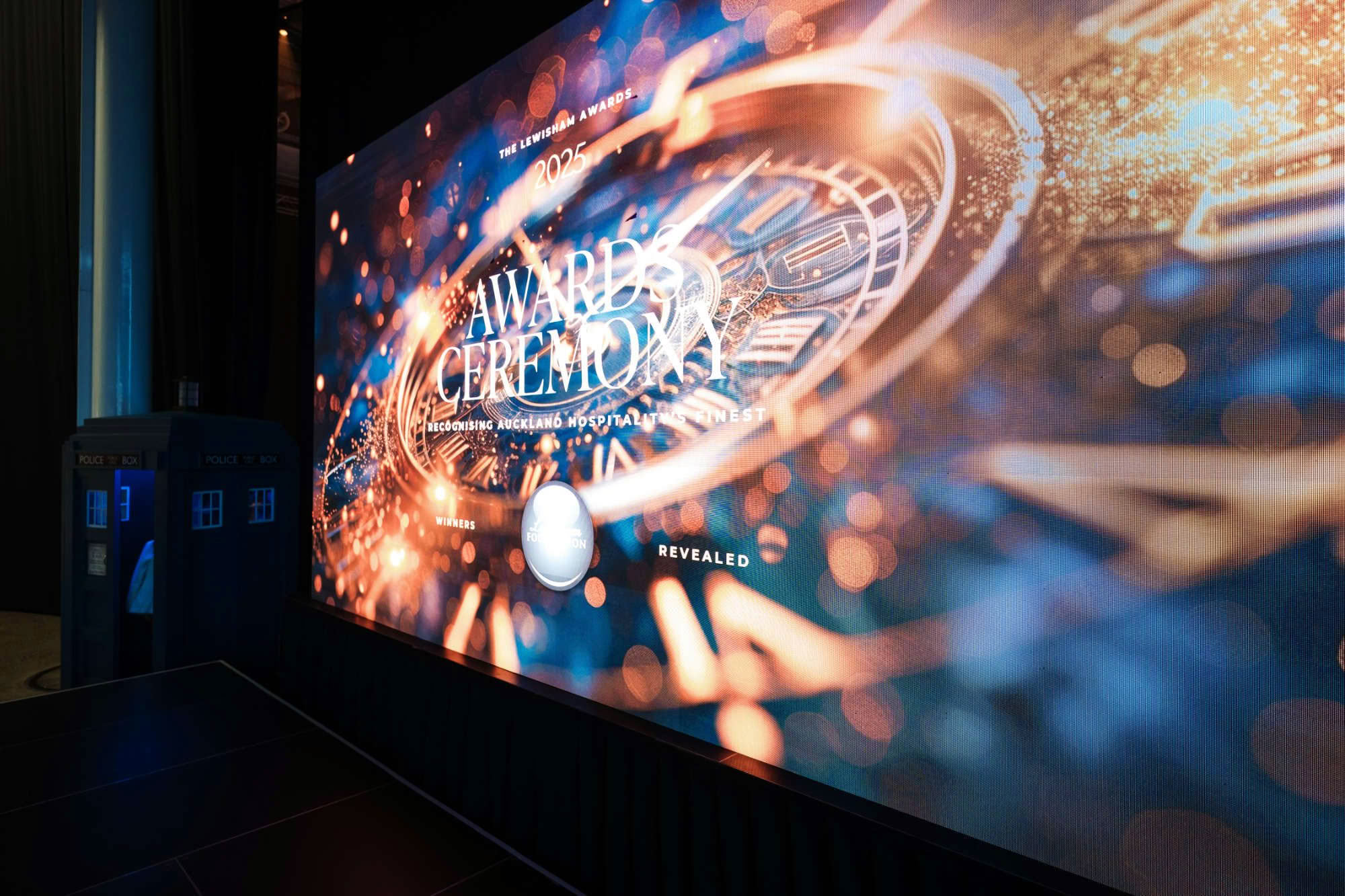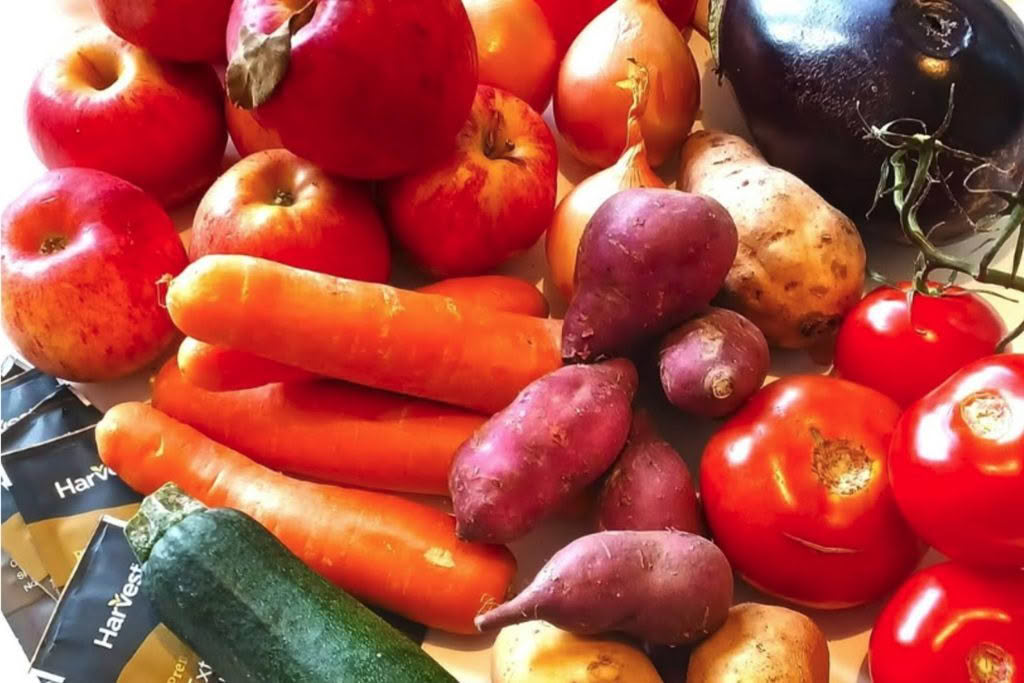

Food waste is a global issue, but the solutions often start local. In 2024, The Kitchen Project partnered with Wendy Zhou’s social enterprise Perfectly Imperfect to bring fresh, rescued produce into the heart of Auckland.
From The Kitchen Project’s ‘Whare Kai’ HQ at the Caretaker’s Cottage in Albert Park, Perfectly Imperfect food store opened its doors five afternoons a week, offering affordable fruit and vegetables that would otherwise have gone to waste.
This was no ordinary food rescue project. At its core was a powerful idea, to redistribute rescued food with dignity and purpose while creating opportunities for learning, enterprise and community connection.
Over the year, 25,814 kilograms of produce was rescued and redistributed through Whare Kai. This was made possible thanks to a team of 60 volunteers who welcomed more than 1600 visitors, most of them students and locals in search of fresh food at fair prices.

The initiative aligned seamlessly with Auckland Council’s broader climate and sustainability priorities. With a commitment to zero waste by 2040, the Council supports partnerships that help reduce landfill, lower carbon emissions and promote social equity. As a Council-led initiative, The Kitchen Project is proud to be delivering on this vision through everyday action.
“Rescuing food is not just about waste reduction,” says Connie Clarkson, manager of The Kitchen Project. “It is also about making sure good food reaches the people who need it and showing how rescued ingredients can still inspire amazing meals.”
That message was reinforced through the year in many ways. Whare Kai produce featured in cooking classes with University of Auckland students, The Kitchen Project’s monthly Soup Thursdays, and the product ranges of several entrepreneurs. Alumni Pip from Little Pips uses blemished fruit for her syrups. Entrepreneur Fran uses cosmetically imperfect vegetables in her fermented range. These stories reflect a growing movement of small food businesses reshaping what sustainable production can look like and gives startup businesses access rescued produce.
Looking ahead, The Kitchen Project will continue to build on this work, exploring how food rescue, education and enterprise can work together to transform communities, not just food systems.